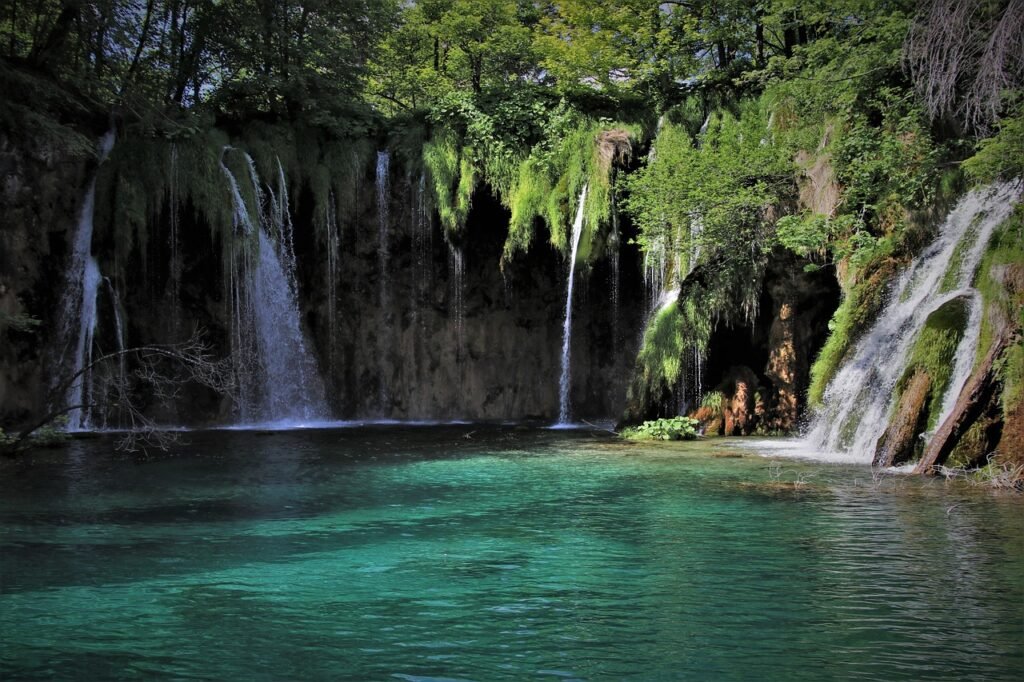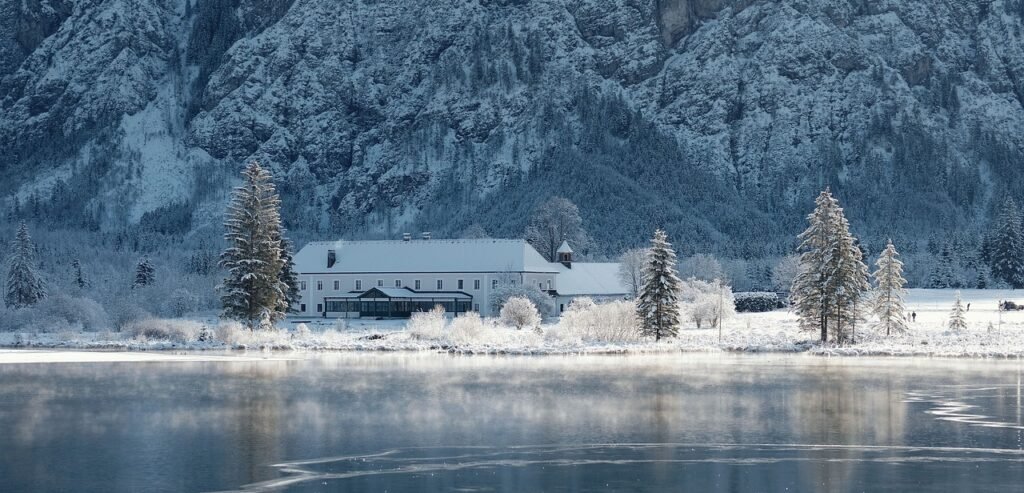What is Ecotourism?
Ecotourism tours focus on sustainable and responsible travel practices, with an emphasis on preserving the environment, conserving natural resources, and supporting local communities. The goal of ecotourism is to minimize the impact on the ecosystem while providing meaningful and educational experiences for travelers. Here are key elements and features of ecotourism tours:

Ecotourism tours prioritize the conservation of natural environments, including biodiversity, ecosystems, and endangered species. Activities are designed to minimize disturbance to wildlife and their habitats.
Tours often include educational components to raise awareness about environmental issues, local cultures, and conservation efforts. Guides are knowledgeable about the local ecology and share insights about the natural surroundings.
Ecotourism emphasizes the involvement of local communities in tourism activities to ensure that they benefit economically and socially. Travelers may have opportunities to engage with local communities, learn about their customs, and support local businesses.
Low impact accommodations for ecotourism tours are often designed with sustainability in mind, incorporating eco-friendly practices such as energy conservation, waste reduction, and water efficiency. Some tours may include stays in eco-lodges or sustainable resorts.
Tours typically involve nature-based activities such as hiking, bird watching, wildlife safaris, snorkeling, or kayaking, allowing travelers to appreciate the natural beauty of the destination. Activities are conducted with a focus on minimizing disturbance to the environment.
Ecotourism tours adhere to responsible tourism practices, including the “Leave No Trace” principles, which emphasize leaving minimal impact on the environment. Travelers are encouraged to follow sustainable and ethical guidelines during the tour.
Tours may support wildlife conservation initiatives, including those focused on protecting endangered species, maintaining natural habitats, and contributing to local conservation projects. In addition to natural conservation, ecotourism tours often highlight the importance of preserving local cultures and traditions.
Tours may incorporate sustainable transportation options and encourage carbon offsetting practices to minimize the carbon footprint of travel.
When participating in ecotourism tours, travelers have the opportunity to enjoy unique and authentic experiences while contributing to the protection of the environment and the well-being of local communities. It’s essential to choose operators and destinations that are committed to genuine ecotourism principles and practices.

Ecotourism resorts can offer an ideal blend of opulence and sustainability, providing an opportunity to connect with nature while supporting eco-friendly practices. Here are some ecotourism resorts to investigate:
Soneva Fushi, Maldives: This resort is a pioneer in sustainable luxury. Situated in the Maldives, it boasts renewable energy initiatives, waste management systems, and an on-site organic garden.
Inkaterra Machu Picchu Pueblo Hotel, Peru: Surrounded by lush cloud forests near Machu Picchu, this award-winning retreat focuses on biodiversity conservation. The hotel showcases its commitment to preserving the Andean environment through organic gardens and wildlife rescue projects.
Feynan Ecolodge, Jordan: Tucked within Jordan’s Dana Biosphere Reserve, Feynan Ecolodge offers an authentic Bedouin experience while championing sustainable practices. Operating on solar power, it minimizes water use and engages with the local community.
Six Senses Yao Noi, Thailand: Overlooking Phang Nga Bay, this resort combines luxury with environmental responsibility. Their sustainable initiatives include water reclamation, organic gardens, and community-led projects.
Emirates One&Only Wolgan Valley, Australia: Located in the Greater Blue Mountains, this conservation-focused resort prioritizes protecting endangered species and fragile ecosystems. It operates on renewable energy and contributes to habitat restoration.
Finca Rosa Blanca, Costa Rica: Formerly a coffee plantation, this Costa Rican eco-resort emphasizes sustainability through organic farming, reforestation efforts, and biodiversity conservation.
These remarkable eco-resorts demonstrate that luxury can coexist with environmental responsibility. By choosing these destinations, travelers not only indulge in relaxation but also contribute positively to the preservation of our planet’s natural wonders. Consider these eco-tourism havens for your next escape—an opportunity to unwind while supporting sustainable practices.


